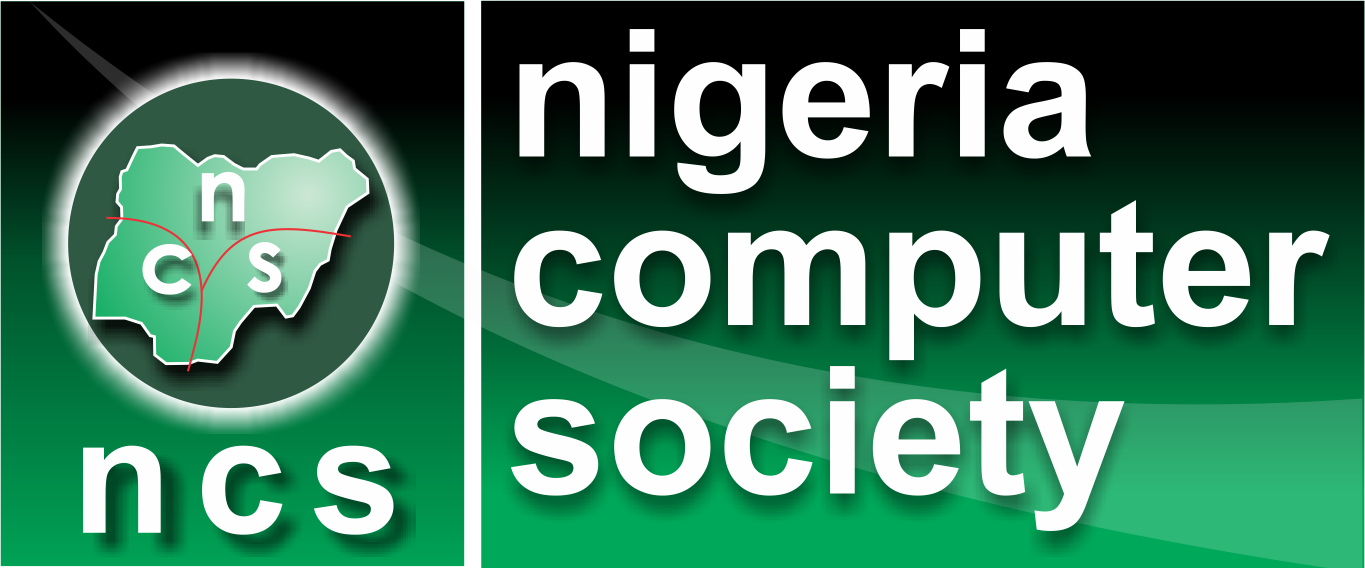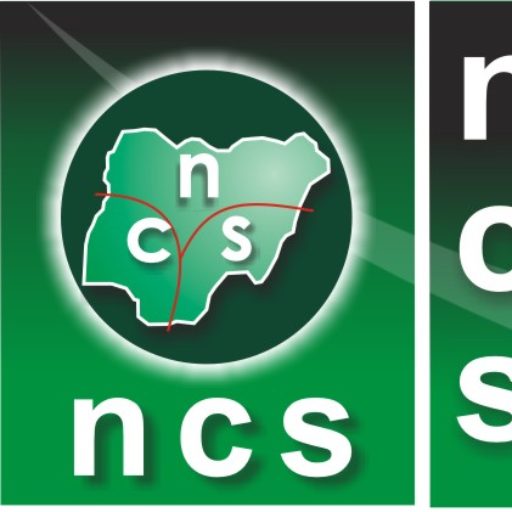Current local and international reports indicate that cyber attacks in Nigeria is still on the increase despite the fact that many attack incidences in Nigeria are not reported. Today, individuals, governments and corporate organisations are losing huge sum of money and properties as a result of cyber attacks.Threat landscape continue to change rapidly, and attacks are increasing in might and sophistication. It is also believed that this trend will continue in the nearest future.
The potentials and trends of cyber attacks have also taken another dimension since the current pandemic (Covid-19) has forced many individuals, governments and corporate organizations to move most of their operations and activities online. We have also seen recently many reported attacks on public facing systems in Nigeria. Consequently, concerted effort is needed to enhance Cyber Security in Nigeria.
Nigeria Computer Society (NCS), the umbrella body for all IT practitioners and interest groups, has a core mandate of supporting government towards the realisation of a safe and secured deployment and use of IT resources. NCS intends to make this Stakeholders’ Meeting a pungent platform for analysing the situation critically and provide reliable solutions to Nation’s Cyber Security challenges. Experts from various aspects of the economy will be invited to lead discussions at the meeting. NCS remains committed to IT Development in Nigeria and has scheduled many programmes geared towards addressing the factors mitigating efficient use of IT for leapfrogging development
Forum Talking Points:
- Financial Frauds
- Cyber Attacks
- Social Media Hacking
- Cybersecurity Education
- Formulating National Cybersecurity Strategies
- Cybersecurity Regulations and Ethics
- Youths and Social Media
- Fake News and Hate Speech
Workshop Topics:
- Modern Technologies for National Security
- Cyber Attacks Management Systems
- Intelligent Gathering and Surveillance
- Anti-Fraud Systems
- Proactive Cybersecurity Strategies
- e-Platforms Security
- Enterprise Risk Management
- Data Governance
For whom?
- Financial Institutions
- Regulatory Agencies
- Governments
- Corporate Organisations
- Telecommunication Institutions
- Information Technology Professionals
- Security Experts
- Law Enforcement Agencies
Participation Fees:
Forum (Day 1 Only): Free
Workshop (Days 1, 2 and 3):
Member: N60,000.00
Non-Member: N60,000.00
THE FORUM AND WORKSHOP PRESENTATIONS
-
Proactive Cybersecurity Strategies and Evolving Cybersecurity Tools for Attack Prevention
Emmanuel Okoi - Cybersecurity & Forensic Analyst
-
National Military Strategy for Cyberspace Operation
Friday Ehi Ikuero
-
Cyber Threat Intelligence (CTI): Tools and Applications
Hamzat Lateef - Security Engineering Lead, CyberPlural
-
Enterprise Risk Management (ERM)
Dr. Nathaniel Atansuyi - Managing Consultant, Dataplus Global Services Limited
-
Why I do not use WhatsApp
Abdul-Hakeem Ajijola - Chair, African Union Cybersecurity Experts Group.
WORKSHOP COMMUNIQUÉ
COMMUNIQUÉ OF THE CYBERSECURITY FORUM AND WORKSHOP 2.0 HELD AT NATIONAL OPEN UNIVERSITY OF NIGERIA, ABUJA, ON 8TH – 10TH JUNE, 2022
- Preamble
The Cybersecurity Forum and Workshop 2.0 organised by the Nigeria Computer Society (NCS) under the able leadership of Professor Adesina Sodiya, FNCS, was aimed at identifying and analysing cyber-attacks in Nigeria’s ecosystem as well as providing reliable solutions to the Nation’s Cyber Security challenges. Experts from various aspects of the economy including the security agencies, IT professionals, financial institutions, academia, and well-meaning Nigerians attended this important event. The forum was followed by two days’ hands-on workshop where modern cybersecurity tools were taught and demonstrated to the participants.
2.0 Attendance
The forum was well attended with over one hundred participants in attendance both physically and online. The forum was declared open by the Chief Host, the Vice-Chancellor of the National Open University of Nigeria, Professor Olufemi Peters. The host, President of NCS, Professor Adesina Sodiya, (FNCS) welcomed participants to the Forum and Workshop. Also in attendance were the Deputy President, Dr Muhammad Sirajo Aliyu, (FNCS), Executive Secretary of NCS, Mr. Ayoola Iyiola, (FNCS), Chairman, Innovation, Research and Development, Dr. Olusoji Okunoye, (FNCS), Chairman, Conference Committee, Mr Rex Abitogun, (FNCS), Chairman, NCS North-Central zone, Mr. Bayo Onimode, Chairman, NCS South-West zone, Prof. A. Onashoga, (FNCS), and Chairman NCS Audit Committee, Mrs. Shulamite A. Ilebiyi. Goodwill messages were given by the technocrat, Alhaji Abdul-Hakeem Ajijola, Chair, African Union Cyber Security Expert Group (AUCSEG); the Executive Chairman of FIRS, Mr Muhammad M. Nami, ably represented by Mr Kola Okunola, Director of Intelligence and Strategy; Director-General of NIMC, represented by Innocent Obogor, National Security Adviser, represented by Friday Ikuero, Dr, Bayero Agabi, Dr. Greg Nwondi, Director, ICT, National Open University of Nigeria, Dr. Harrison Nnaji, Group Chief Information Security Officer, first Bank Group, and EFCC Chairman, represented by Buhari Garba Gajam, amongst others.
Other stakeholders in attendance include representatives of ICPC, DSS, Navy, ONSA, NRC, AIB, NIMC, Data Plus, FirstBank., Wema Plc., Enovat8 Ltd., etc.
3.0 Resolutions
Cybersecurity was discussed from three perspectives: people, process, and technology. Relating to people, the challenges, level of awareness as well as the knowledge and skill levels were critically examined. It was agreed that a lot of work has been done in policy formulation and standards. Modern cybersecurity technologies and tools were of utter relevance as a major tool for addressing the nation’s cybersecurity challenges. Based on the available facts presented and discussed, the forum, therefore, proffers the following resolutions:
- Nigeria Computer Society (NCS), governments, and private organisations should continue to collaborate to develop massive cybersecurity skill sets needed to bridge the gaps identified in the ecosystem.
- Nigeria Computer Society (NCS) strongly recommended that government institutions, and private, and public organizations should take the issue of cyber security very seriously.
- Nigeria Computer Society (NCS), in conjunction with governments and private organisations should develop robust and efficient cybersecurity awareness programmes that will also focus on non-IT professionals and those in remote areas.
- Government should be more committed to the implementation of some of the cybersecurity policies and laws already enacted. NCS should provide the needed support on this.
- Government agencies, institutions, and private companies were advised to be more proactive by developing and implementing strategic cyber intelligence for the effective protection of digital assets.
- Government should establish a dedicated coordinating agency for cybersecurity activities in the country. The established cybersecurity agency should be capable of publishing cybercrime acts, coordinating, managing, and defending against attacks against our cyberspace.
- Nigeria’s military should establish a joint cybersecurity operation command centre to monitor, prevent, detect, investigate, and respond to cyber threats against the nation. This will complement the efforts of the office of the national security adviser and other national efforts.
- Government should develop a community incident database for cybercrimes which should be visible to all stakeholders with the appropriate clearance.
- Governments and private organisations should strive to reduce their dependencies on foreign software to reduce the level of vulnerability on digital infrastructure and the challenge with FX rates.
- Governments and regulatory bodies in education (such as UBEC, NBTE, NCCE and NUC) should introduce basic cybersecurity skills in the educational curriculum at all levels.
- Government, through the National Security Adviser (ONSA) and other relevant agencies, should develop a national intelligence database with biometric features and enabled cross-referencing by security agencies in cases of cyber and other attacks.
- Government should integrate the CERTs by different agencies of government (NITDA, NCC and ONSA) for improved performance. The managers of the different CERTs should also improve citizens’ awareness of the existence, relevance, access, and usage of CERT.
- Special regular and massive cybersecurity awareness programmes should be developed by NCS and other related organisations for children and the girl-child.
- IT professionals and cybersecurity experts should constantly develop themselves through massive open online courses and other learning platforms on cybersecurity.
- NCS, governments and private organisations should encourage and support Computer / IT Clubs in secondary schools. Cybersecurity education will be one of the major goals of the clubs to increase cybersecurity awareness.
- Nigerian government should enhance our relationship and partnership with international organisations on cybersecurity such as ITU, United Nations, EU, NATO Cooperative Cyber Defence Centre of Excellence, etc, for strategic and technical development expertise in cybersecurity.
- Nigeria should position itself to capitalise on the African and global cybersecurity solutions market, using its talented youth, to ensure that our economy uses cybersecurity for foreign exchange gain and not as a foreign exchange drain.




